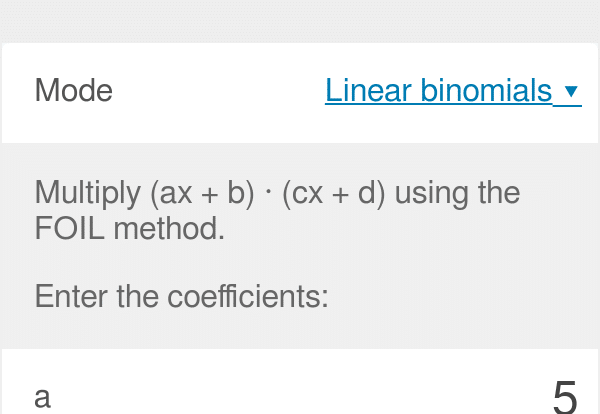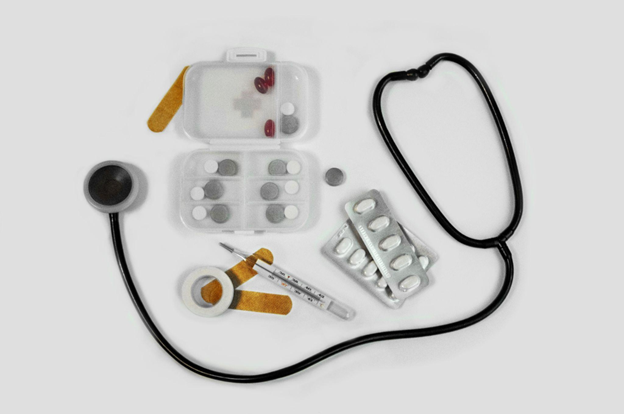SEL helps kids cope with stress and develop the skills they need for success in school. It teaches students to make good decisions, set goals, and develop positive relationships.
Orange offers many church resources and hosts multiple conferences throughout the year. They offer everything from a full conference tour to weekly church curricula for four different age groups.
Social Skills
The greater a child’s social-emotional learning (SEL), the more resilient they are to live’s obstacles and challenges. Teachers, parents, and caregivers can play an important role in students’ SEL by teaching them healthy thought patterns and behaviors that promote resilience.
The research shows that children with stronger SEL skills are more likely to be resilient in the face of setbacks and have better attitudes about themselves and others. This is why many schools and afterschool programs are integrating SEL into their curriculum.
Educators are enthusiastic about social and emotional learning, with most principals and teachers stating that it is one of their top student priorities. However, the data also suggests that there may be barriers to implementing effective SEL programs in schools.
A recent study found that only 21% of teachers reported feeling supported by their schools or districts to implement SEL programs effectively. Another concern is that teachers are not fully aware of the underlying factors that can affect student SEL outcomes, including the impact of teacher beliefs and attitudes on their own and their students’ SEL.
Orange, a ministry strategy and curriculum created by The Orange Strategy, focuses on creating biblical resources that bring together the influence of the church and home because two combined voices are stronger than one alone. The Orange Strategy creates resources and experiences that help align the light of the church (yellow) with the heart of the family (red) so that together they can make a bigger impact on kids.
Emotional Skills
In addition to social skills, emotional well-being includes understanding and working through emotions. Emotional regulation is one of the most important aspects of SEL, which helps students develop a healthy self-image and resilience. The better students can regulate their thoughts and feelings, the more equipped they will be to cope with life’s challenges.
Developing these skills requires a lot of practice, so Orange curriculum offers a full spectrum of content from preschool to high school. With unique lessons each week, the Orange curriculum is used by thousands of churches in a variety of sizes and locations to make God’s word matter to kids.
The Orange Curriculum focuses on creating biblical resources that unite the home and church to influence kids. That’s why they chose their name–Orange combines red (the heart of the family) and yellow (the light of the church) to symbolize how powerful two influential voices are in the lives of children.
While technical skills are important to professional success, relationships with coworkers and fellow workers can also major in your overall job satisfaction. Empathizing and recognizing your colleagues’ feelings can help you build stronger working relationships. The more you can manage your emotions and empathize with others, the more satisfied you will be in your career.
Self-Awareness
Self-aware students can recognize their emotions, thoughts, and behaviors and consider how those elements impact them in different contexts. This includes understanding one’s strengths, challenges, preferences, and values, as well as the impact of their decisions on others.
A sixth grader practicing self-awareness may notice that she is feeling fearful about her upcoming middle school experience. She can use her skills to shift the way she thinks about this new adventure and realize that she can control her emotional response to it by believing that it will be an exciting new opportunity that will bring her many great friends and opportunities for learning.
She can also apply her self-awareness skills to navigate and manage her emotions so that she is not overcome by a moment of anger. She knows to calm down and focus on breathing to better respond to the situation and keep her best interests in mind.
Educators can support a safe and caring culture of belonging by creating “brave spaces” for connection and providing students with routine opportunities to connect with peers and trusted adults.
Self-Management
SEL teaches students how to set and achieve goals, recognize and manage their emotions, appreciate the perspectives of others, build healthy relationships, make responsible decisions, and more. These skills are associated with decreases in mental health problems and substance misuse and increases in positive academic performance and resiliency.
Self-management understands one’s triggers, motivations, and emotions to be more mindful and control behavior in sticky moments. Teaching kids and teens to de-stress, practice mindfulness, and develop a plan for getting the work done is a powerful skill that can increase their academic performance by up to 11 percentile points.
Teachers can foster this important life skill by incorporating SEL activities and lessons into classroom routines. By incorporating journaling activities that help students become more aware of their feelings, role-playing exercises that help them practice empathy, and goal-setting activities that encourage self-discipline, teachers can equip their students with the tools they need to be successful in the classroom.







